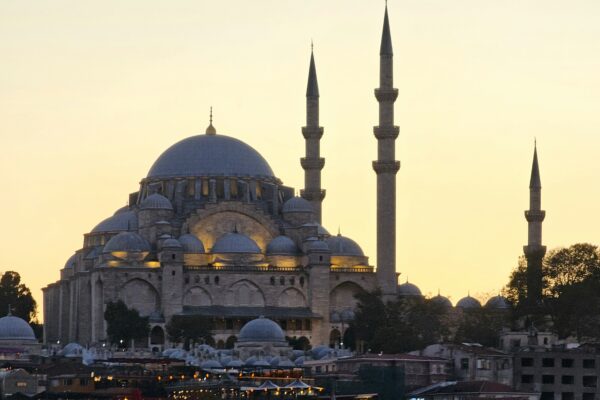Although both Facebook and China are blocked in China, these promoted videos were widely advertised across Western audiences, often playing regardless of whether or not a user follows the outlet source or not.
Although both Facebook and China are blocked in China, these promoted videos were widely advertised across Western audiences, often playing regardless of whether or not a user follows the outlet source or not.
New investigations have found that China has been paying Facebook and Twitter for ads that specifically spread misinformation about the concentration camps across the northwestern province of Xinjiang that currently imprison more than one million ethnic minority Muslims.
These detention camps, labelled as the largest mass incarceration of peoples since the Holocaust, have been documented by human rights groups as being centers of torture, forced conversions, forced sterilizations and mass rape, as well as extrajudicial killings.
The paid ads that China endorsed aimed to convince Western audiences that the camps were “re-education” centers that housed extremists in a region rife with Uyghur rebellion. Many of the ads on Facebook and Twitter also attempted to show Uyghur Muslims enjoying time in the camps, as opposed to the brutal truth of the detention camps.
#Xinjiang residents have the right to say whether they are happy or not. 10 years after the riots in Urumqi, the city has been revitalized. Xinjiang residents will never allow what happened 10 years ago to happen again. https://t.co/CKipfZebCv pic.twitter.com/ahliULpkcp
— Global Times (@globaltimesnews) July 5, 2019
Other videos and ads have captions such as “establishing vocational education and training centers help Xinjiang maintain enduring social stability and fight religious extremism. If the centers were set up earlier, fewer violent attacks would happen”. Many also promote the idea that Uyghurs are voluntarily joining these detention camps, amidst a scene of suffering Han Chinese citizens who are being brutally terrorized by Uyghur Muslims.
Some European politicians and media workers have tried to defend terrorist activities in #Xinjiang. Their hands are in a way soiled with the blood of the Chinese people who died in violent attacks: @HuXijin_GT #VideoFromChina pic.twitter.com/DGzXCGez7s
— Global Times (@globaltimesnews) July 11, 2019
Although both Facebook and Twitter are blocked in China, these promoted videos were widely advertised across Western audiences, often playing regardless of whether or not a user follows the outlet source or not. These videos, many of which have been circulating since early June of this year, are just another attempt by China to erase the suffering and hide the genocide that is being committed against their Uyghur and other ethnic-minority Muslim population of the country.
In August of this year, Twitter claimed that it had updated its advertising policies and will no longer take advertising money from state-controlled news outlets. Facebook, however, has been less open about how it deals with blatant propaganda. Telling Buzzfeed News that it will continue accepting state-sponsored ads, it also added that it will “take a close look at ads that have been raised to us to determine if they violate our policies”. This is a quick and easy way out of being blamed – Facebook will continue to propagate dangerous fake news by states such as China, while only looking into the issue once questions have been raised by a third party.
As China continues to commit ethnic cleansing, with more than one million Uyghurs and other Muslim-minority ethnic groups imprisoned and tortured, the world continues to largely turn a blind eye to one of modern history’s most atrocious human rights violations. Social media outlets such as Facebook and Twitter are also now equally to blame, as they help flame the fires of China’s genocide against Muslims within the country.





